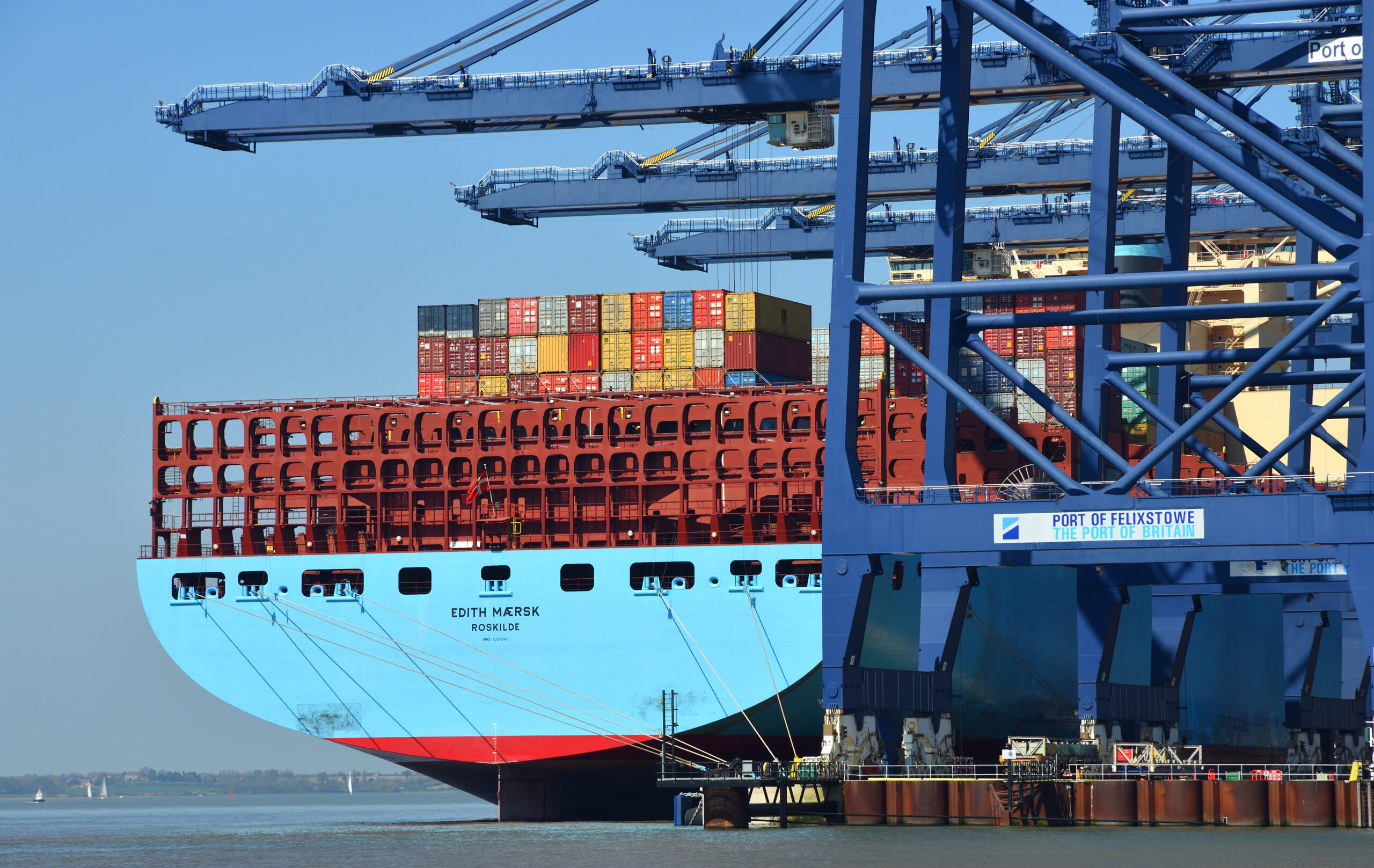The Poseidon Principles for Marine Insurance has published its third annual disclosure report, which finds that the maritime sector is falling behind on its net-zero trajectory commitments. It also reports the growing support within the industry for aligning insurance portfolios with net-zero emissions targets, in part due to advances in data-driven climate reporting practices.
The Poseidon Principles for Marine Insurance, introduced in 2022, provide insurers, brokers, and investors with a framework for assessing and disclosing the climate impact of their hull and machinery (H&M) portfolios. This year’s report includes data from nine signatories, covering over 25% of total deadweight tonnage of the world fleet within the scope of its reporting.
According to the authors, the latest report uses updated and improved data analytics for assessing climate alignments. For example, by using a well-to-wake annual efficiency ratio (AER) calculation, analysts are able to account for a vessel’s fuel consumption, distance travelled, and deadweight at maximum summer draught with greater granularity, improving the accuracy of the final climate alignment score.
Other new developments found in the report include the measurement of signatories’ alignment with the IMO’s revised 2023 GHG Strategy, as well as conducting reporting across entire H&M portfolios to enhance transparency. The report identified a substantial gap between current emissions performance and IMO decarbonisation targets. When analysed, the sector-wide climate alignment scores indicate that, on average, marine insurance portfolios were misaligned by +20.8% with the IMO’s minimum ambition in 2023.
Patrizia Kern-Ferretti, Chair of the Poseidon Principles for Marine Insurance, commented: ‘Marine insurers play a crucial role in supporting the IMO’s global shipping industry’s transition to net zero. Through data-driven insights and insurers’ expertise, we are helping shipowners navigate the path toward a more sustainable future while reinforcing the industry’s commitment to responsible underwriting.’
Although the IMO does not mandate that marine insurers disclose emissions data, the insurance sector plays a highly influential role in supporting shipowners as they adapt to regulatory changes. By providing insights on climate risk, insurers help shipowners align environmental requirements, such as the EU’s Corporate Sustainability Reporting Directive (CSRD).
As the marine insurance sector develops greater experience in enhanced climate reporting methodologies, future reports are expected to yield deeper insights into emissions trends, regulatory impacts, and the efficacy of decarbonisation measures. By integrating sustainability metrics into underwriting decisions, marine insurers ensure shipowners’ compliance with an evolving regulatory landscape and help drive industry alignment with IMO target trajectories.



